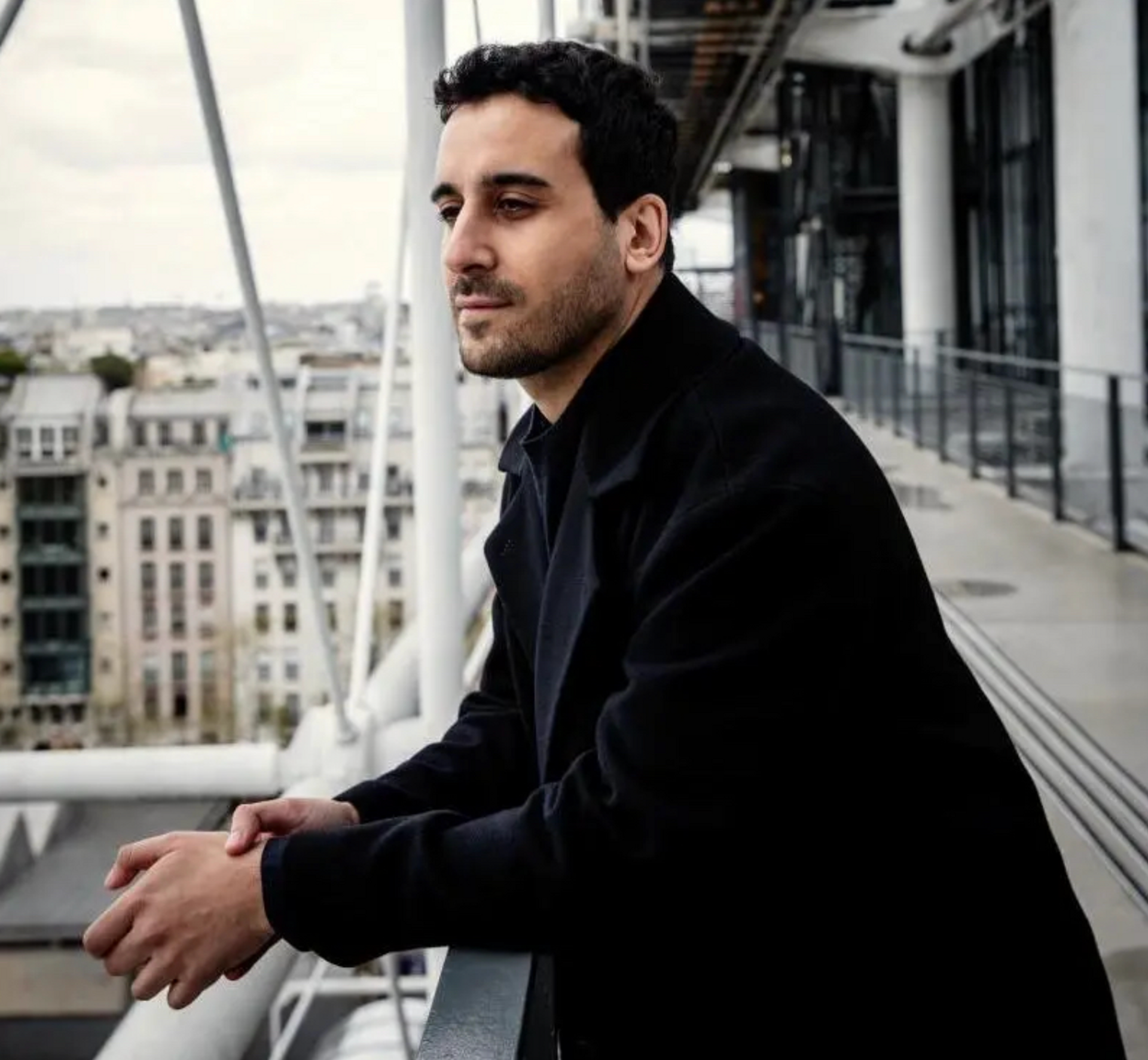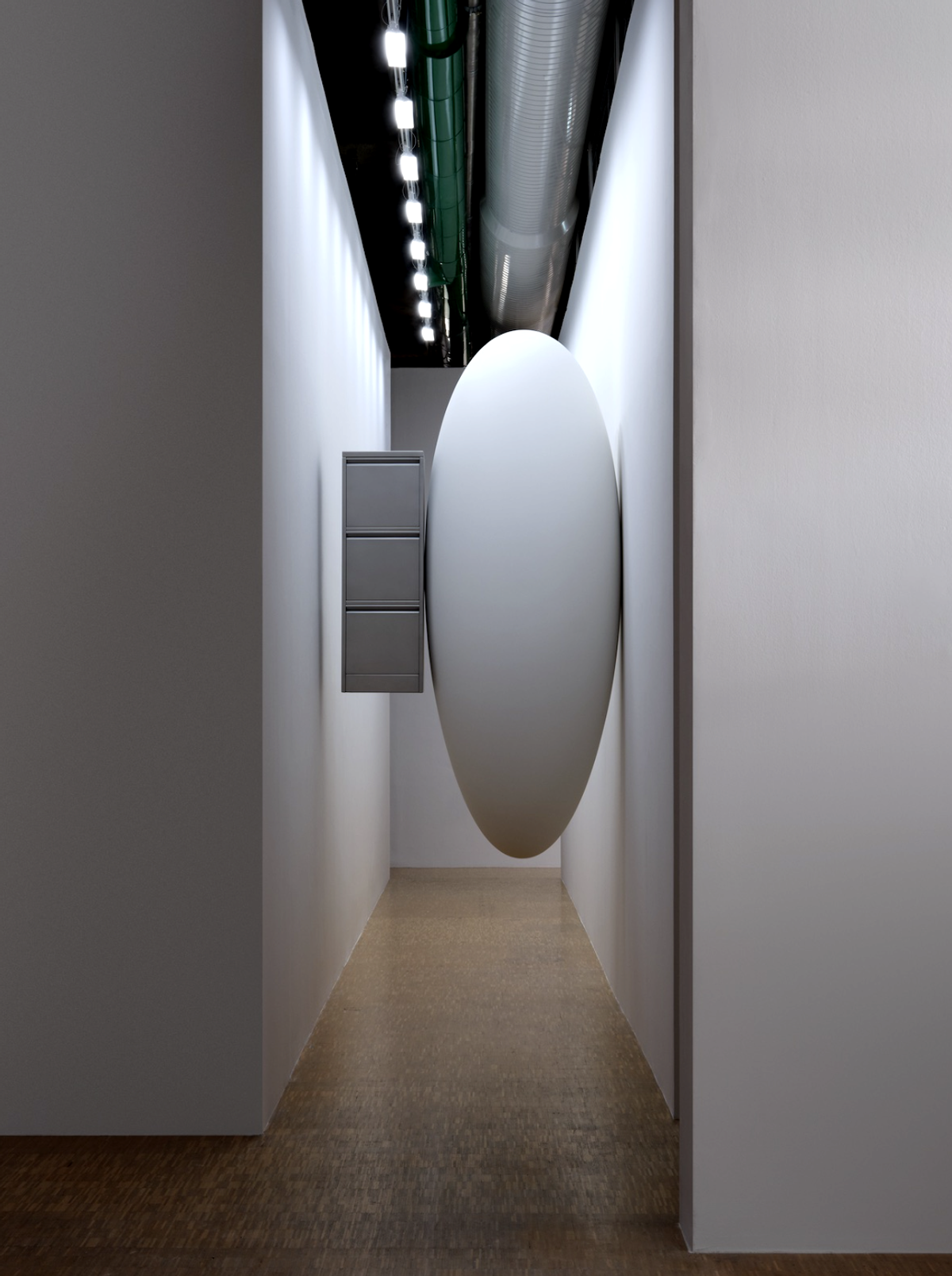The Palestinian-Swedish artist Tarik Kiswanson has been awarded the Prix Duchamp, France’s most prestigious contemporary art prize. As part of the award, given by the Association for the International Diffusion of French Art, Paris-based Kiswanson will receive €35,000. Kiswanson will also undertake a residency in the United States via Villa Albertine, an institution created by the French Ministry for Europe and Foreign Affairs.
Kiswanson studied at Central Saint Martins school of art in London. On his website, the artist says that his work encompasses sculpture, writing, performance, drawing and sound. Crucially, his practice reflects the experiences of people fleeing from Palestine; Grandfather’s Cabinet (2014), is a skeletal reconstruction of his grandfather’s filing cabinet, which his family took when they fled from Jerusalem to Sweden in 1979.
Kiswanson says in a statement: “My identity has been defined by several cultures, my abstract works stem from my own condition as a second-generation immigrant, shaped in the aftermath of displacement. Throughout my life, I have used sculpture and writing to explore transitory and interstitial states of the human condition.”

Portrait of Tarik Kiswanson
Courtesy of the Centre Pompidou; Photo: © Julie Ansiau
Recent works by Kiswanson are on show at the Centre Pompidou along with works by the three other award nominees: Bertille Bak, Bouchra Khalili and Massinissa Selmani (until 8 January 2024). According to Le Quotidien de l’Art, the award ceremony for the prize earlier this week—scheduled to take place at the Centre Pompidou—was instead at Artcurial auction house following strike action by Centre Pompidou workers who are demanding job security ahead of a major renovation (the Beaubourg gallery is due to close in 2025 for a five-year refurbishment).
Jury members this year included Adam Weinberg, director of the Whitney Museum of American Art in New York, and Xavier Rey, director of the Centre Pompidou's Musée National d’Art Moderne. Past winners of the Prix Marcel Duchamp, launched in 2000, include Kapwani Kiwanga, Kader Attia, Latifa Echakhch, Dominique Gonzalez-Foerster and Melik Ohanian.


